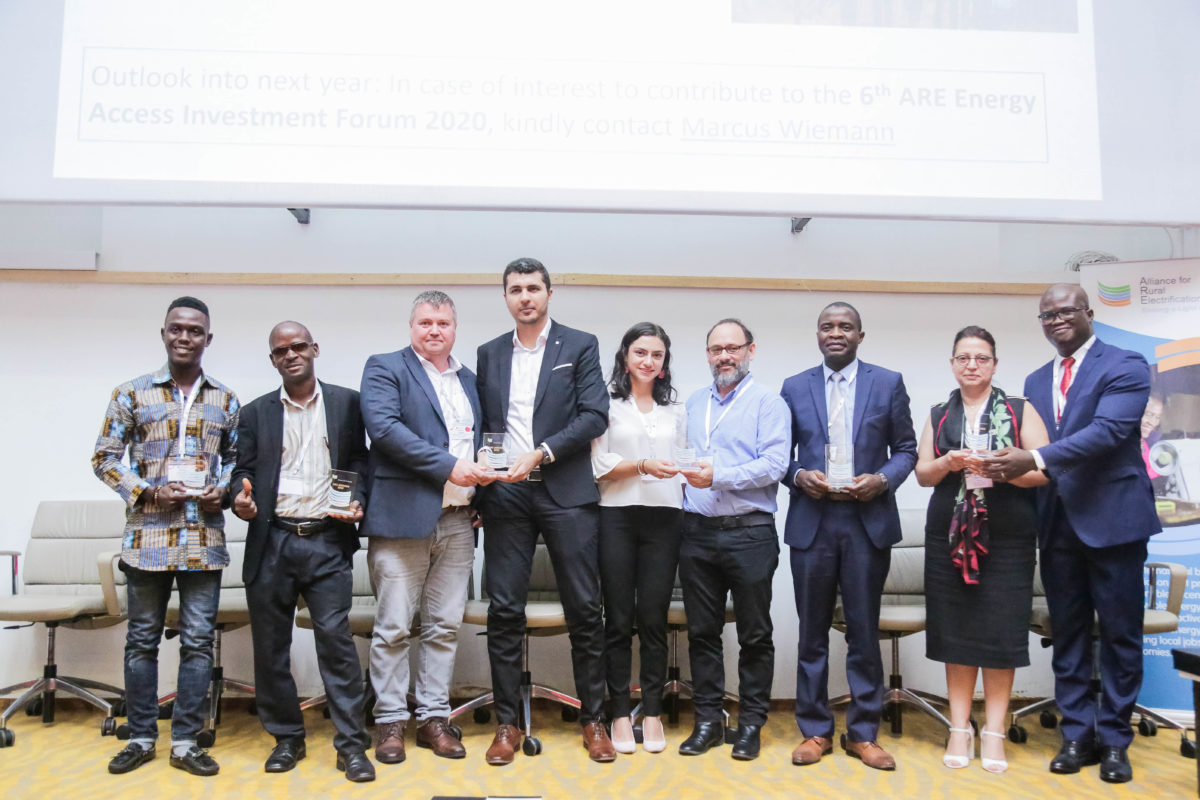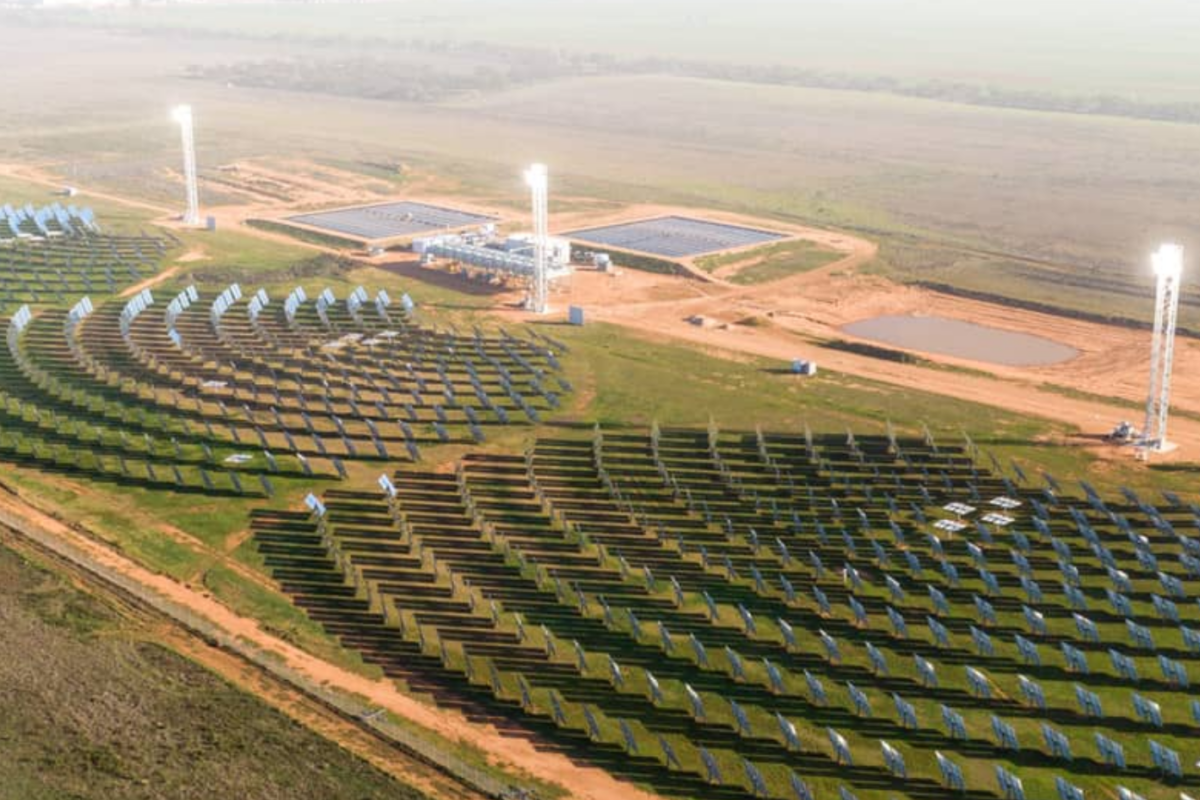Allowing an agricultural operation to become completely self sufficient with solar and batteries is no easy task, but becoming increasingly common in rural WA. Combining solar and lithium ion storage with environmentally friendly battery technology brings with it additional challenges.
Germany’s Tesvolt has been recognized for its work in delivering such a solution to an avocado farm in WA, after integrating saltwater batteries from Aquion with its lithium ion battery system – to deliver power to an irrigation system at the farm.
pv magazine covered the Pemberton project in detail last year. The saltwater batteries have a relatively low rate of discharge, meaning they could not meet the peak demand from the avocado farm’s peak demand – as its irrigation system started up each morning. The Tesvolt lithium ion system, which utilises Samsung SDI prismatic lithium cells, meets this demand with the battery control system then drawing on the sodium ion batteries throughout the day.
The project was recognized last week by the Alliance for Rural Electrification (ARE) with an award for the project, in the category Private Sector in Australia, Europe and North America. It is the second gong for the project, which last year picked up an award at The smarter E, of which Intersolar Europe is a part, last year.
Tesvolt delivered the system with its Australian partner, Perth-based EPC Unlimited Energy.
The project was instigated both by the desire of the avocado farm operator wanting to become self sufficient, but also to avoid expensive grid upgrades that would have been required to meet the irrigation system’s peak electricity demand.
“Tesvolt holds fast to the vision of providing affordable, clean electricity to every corner of the world,” said Marcus Kruckow, Vice President of Internationalization at Tesvolt in a statement. “And we don’t just provide energy storage, we offer the entire energy solution. With the avocado farm, we were faced with the challenge of combining our lithium storage system with sodium-ion batteries – something never before achieved.”
“Tesvolt submitted a well-rounded concept which stood out against the rest, particularly with regard to its effectiveness and potential for use in other areas,” said Guilherme Collares Pereira, head judge and ARE Vice President.
The award was presented by ARE at the headquarters of the African Development Bank in Abidjan.
This content is protected by copyright and may not be reused. If you want to cooperate with us and would like to reuse some of our content, please contact: editors@pv-magazine.com.









By submitting this form you agree to pv magazine using your data for the purposes of publishing your comment.
Your personal data will only be disclosed or otherwise transmitted to third parties for the purposes of spam filtering or if this is necessary for technical maintenance of the website. Any other transfer to third parties will not take place unless this is justified on the basis of applicable data protection regulations or if pv magazine is legally obliged to do so.
You may revoke this consent at any time with effect for the future, in which case your personal data will be deleted immediately. Otherwise, your data will be deleted if pv magazine has processed your request or the purpose of data storage is fulfilled.
Further information on data privacy can be found in our Data Protection Policy.